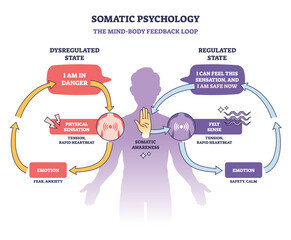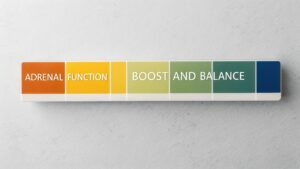If you’re like me, you and your family probably have not been eating the most healthy diet over the past few weeks. And likely you’ve felt the stress of the holidays compounded with the strain of the ongoing global health crisis. Gratefully, January offers us the perfect excuse to start fresh. Whether you make New Year’s Resolutions or not, you can still take advantage of a new calendar year to create some simple but effective healthy habits.
Start the year off right with these 5 tips to positively impact your eating habits and boost mental health for both yourself and your kids.
- Minimize sugar intake – Now that the holidays are over and we’re heading back to our usual routines, it’s a good time to back off from those pies, cookies and holiday candies. Studies have linked excess glucose consumption to depression and anxiety, as well as memory and cognitive deficiencies. This article from Psychology Today offers more detailed information – 4 Ways Sugar Could be Harming Your Mental Health. Sugar can be addictive, so if you find it difficult to kick the habit, you’re not alone. One tip is to satisfy your hunger by first filling up on healthy fats and/or proteins. A handful of nuts, apple slices with peanut butter, or a snack plate of cheddar cheese, olives, and avocado slices are good options. Still craving sweets? Try a cup of unsweetened full-fat yogurt with a sprinkle of granola or berries.
- Enjoy fatty fish – Seafood like wild-caught salmon, cod, tuna, sardines, and mackerel are high in brain-healthy Omega-3 fatty acids.
While there are many proven benefits of consuming foods rich in Omega-3s, recent attention is being given to the effects this nutrient may have for those suffering from depression and other mental health issues. According to this Harvard Health article,
promising new research shows a positive connection between Omega 3 consumption and reduced symptoms of depression, postpartum depression, and bipolar disorder. As an added bonus, a diet rich with Omega 3s is shown to lower risk of dementia.
- Add probiotic-rich foods – Consuming items like naturally fermented sauerkraut, kimchi, kombucha, miso, and unsweetened yogurt can help build your good gut bacteria. Keeping your gut healthy by boosting your microbiota can have positive effects on your mental health.
Studies show a healthy and diverse gut microbiome can positively impact the production of serotonin, which affects our mood and sense of wellbeing as well as sleep and digestion. This specific study of 710 young adults – Fermented foods, neuroticism, and
social anxiety: An interaction model – showed that a higher frequency of fermented food consumption was associated with fewer symptoms of social anxiety.
- Dig into a good salad – Eating more leafy greens like spinach, kale, romaine lettuce, mustard greens, and collard greens is not only tasty, but also amazingly good for you. Among other nutrients, these greens are high in folate which is associated with reduced anxiety, depression, and even fatigue.
Dr. Uma Naidoo, a Harvard trained psychiatrist, Professional Chef, and a trained Nutrition Specialist, states in this article “Folate, also known as vitamin B9, is used for cell development throughout your body. Deficiency may interfere with DNA synthesis and repair and overall cellular function in the brain leading to chronic fatigue, depression, schizophrenia, and bipolar disorders”.
So dig in to that delicious salad and top it off with some olive oil and balsamic vinegar for added benefits (olive oil contains heart-healthy fats and antioxidants and balsamic vinegar can help lower cholesterol).
- Take a hike – Once you’re done savoring all the tasty and healthy foods, enjoy the great outdoors! Being in nature is especially important during the winter months when our exposure to the sun (and subsequent vitamin D production) is lowest and many people experience the symptoms of SAD (Seasonal Affective Disorder).
There is ample evidence, both anecdotal and clinical, that being in nature offers a multitude of benefits to our psyche. According to the article Nurtured by Nature in the American Psychological Association’s Monitor on Psychology, “From a stroll through a city park to a day spent hiking in the wilderness, exposure to nature has been linked to a host of benefits, including improved attention, lower stress, better mood, reduced risk of psychiatric disorders and even upticks in empathy and cooperation.”
So get out there and enjoy the wonders of nature in your neighborhood.
I hope you find these tips useful and easy to implement. Should you need extra help getting your child to enjoy the healthy fare you present at mealtime and at snack time, please contact me for a complimentary consultation.
By Jill May, CIHC
Owner, Decide 2 Thrive, LLC
www.Decide2Thrive.org
Integrative Nutrition Health Coach




